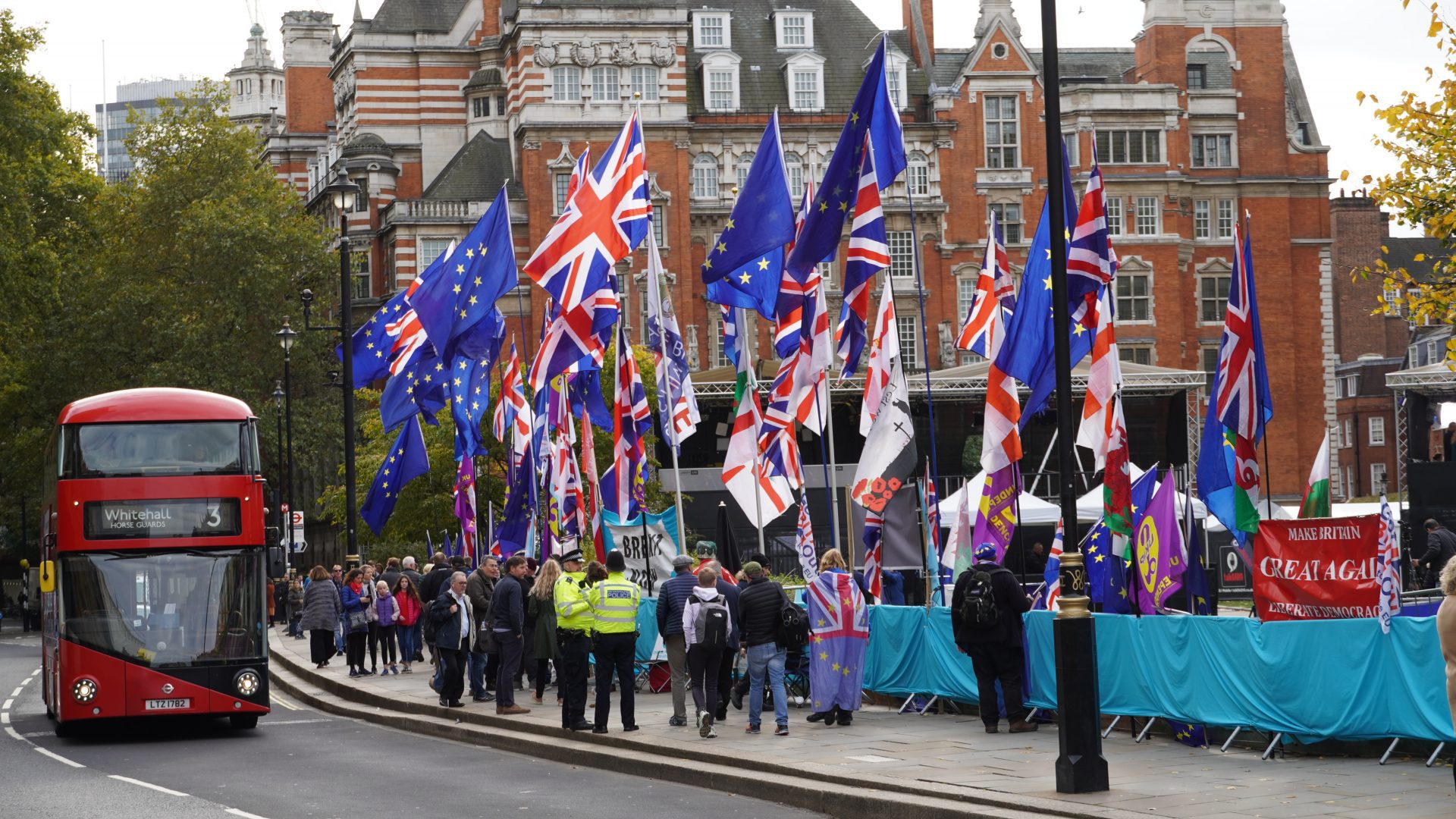BYU-Idaho classes such as world religions and cultural psychology give students the chance to learn about other cultures and religions and expand their view of the world.
According to CEDEI Foundation, this also opens people up to criticisms, but if they are patient and willing to think of how other people view the world, a lot can be learned.
Scott Woodward, a religion professor, explains that The Church of Jesus Christ of Latter-day Saints encourages its members to learn about other cultures, history and teachings.
Doctrine and Covenants 88; 93:53 both explain that it is God’s will that we should gain knowledge through other histories, countries and kingdoms.
“The Lord seems to be communicating that we’ll actually be better at doing what we do as members of the Church, as those who are committed to building up Zion, if we will have a better understanding and a more compassionate regard for the other nations and countries and people,” Woodward said.
Woodward explained that people will have a hard time making a difference in their community if they stay within the limits of their “own little world.”
“The fact that we are all children of God is fundamental to our religion,” said Jordan Rogler, a junior studying psychology. “So why would God treat us in the restored church any differently when it comes to giving His children light and truth?”
In the book Teachings of Presidents of the Church: Brigham Young, there is a reference to the Church being the “true order of heaven.” This book also discusses that there is truth in other places. Members and non-members can receive revelation and truth from anyone.
According to Teachings of Presidents of the Church: Brigham Young, members of the Church are guided to adopt principles that involve salvation no matter where it comes from. As a church, and as individual members, it’s important to embrace anything that brings light, knowledge or goodness to the understanding they have.
“I feel that there’s a fear and apprehension that has found its way into the culture we have here in the western part of the Church,” Rogler said. “A lot of people mix that culture with religious truth and it creates a plethora of issues.”
Matthew Whoolery, a psychology professor, compares and contrasts different cultures from around the world. Specifically, he explains the differences between other cultures and western culture.
“Even the way you see your own religious life is heavily based on your own cultural values,” Whoolery said. “Since Jesus wasn’t a modern American, you’ll probably miss a lot of stuff or get some stuff wrong with what he was trying to say.”
Whoolery expressed that when he studies Taoism, a Chinese philosophy and religion, and then studies his own religious writings, he gains a deeper understanding of what is meant by them. There are parables or stories that he would previously gloss over, but after learning more about Taoism, the principles behind those stories become clearer.
Whoolery and Woodward both expressed that having a basic understanding of other cultures and religions can lead people to become better listeners and more empathetic people in general.
Whoolery explained that once people educate themselves on other cultures and religions, they increase in awareness. This, according to Whoolery is often interpreted as political correctness. As individuals learn more about the needs and thoughts of others, they become more aware of other people’s worldviews.
He clarified the difference between political correctness and increased awareness though; the latter is Whoolery’s way of showing kindness. This sometimes is interpreted as a bad thing, but Whoolery poses the question, “why is it bad to be sensitive and aware of other people?”
The Church is full of truth and knowledge, but it’s good to know that many truths can be found in other religions too.














